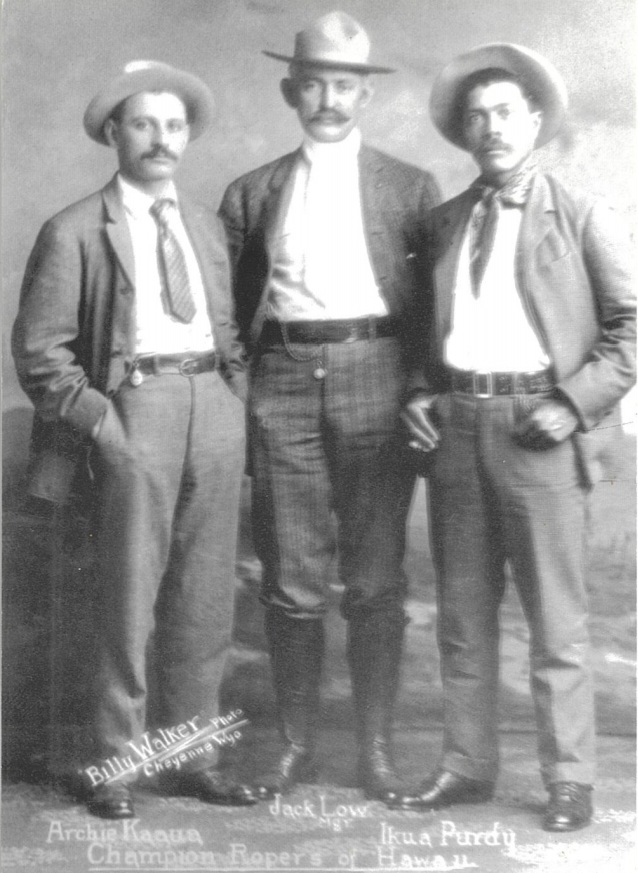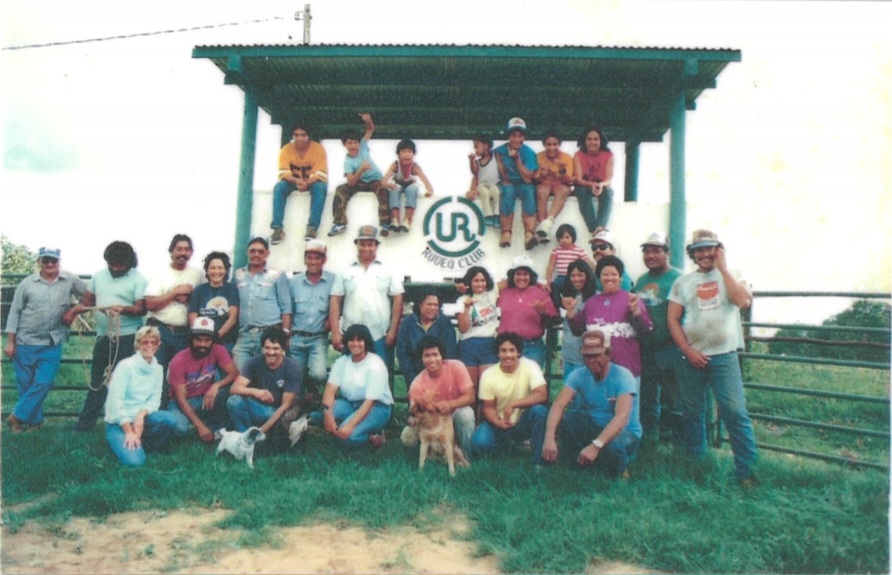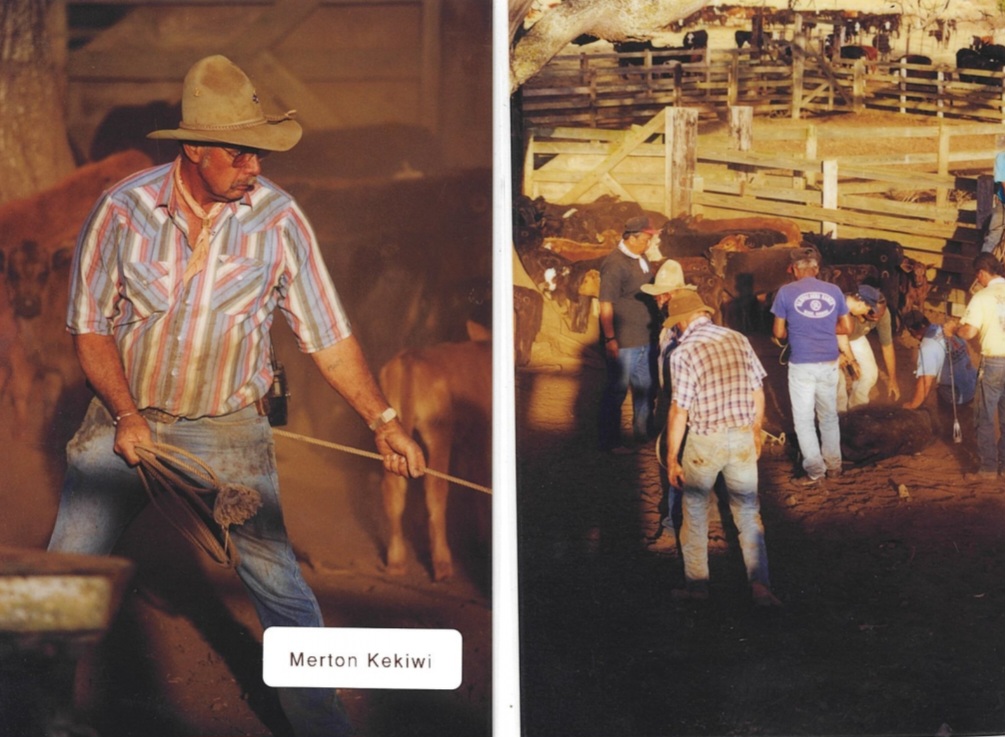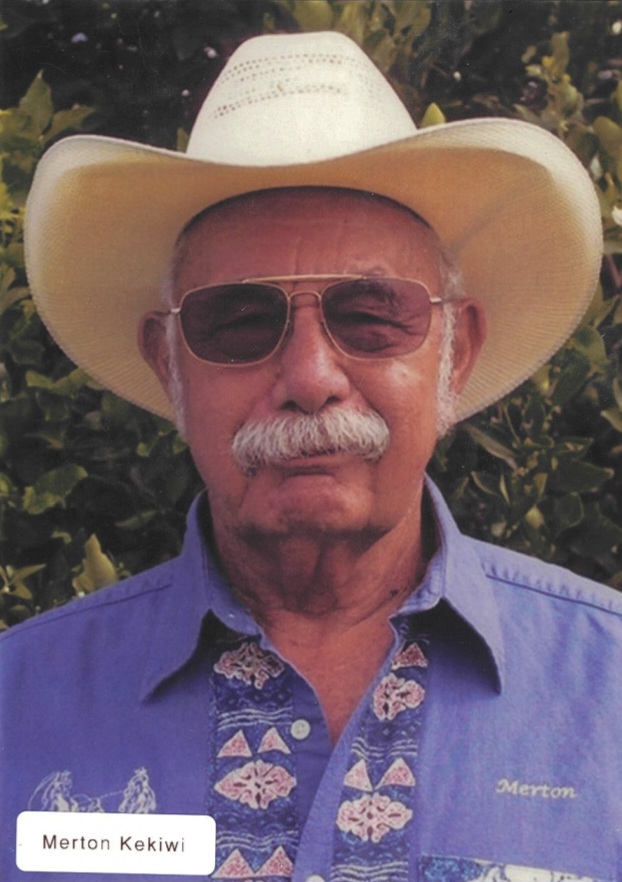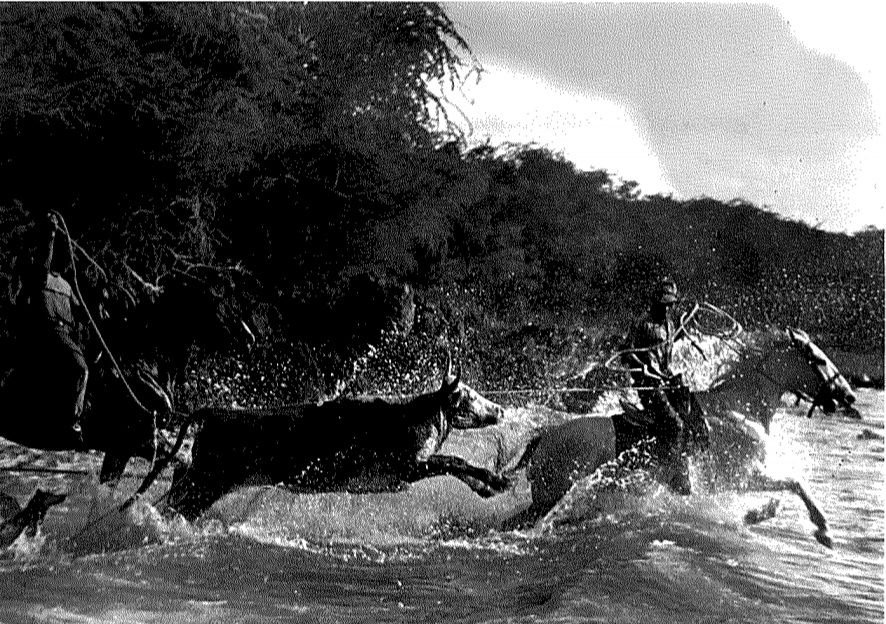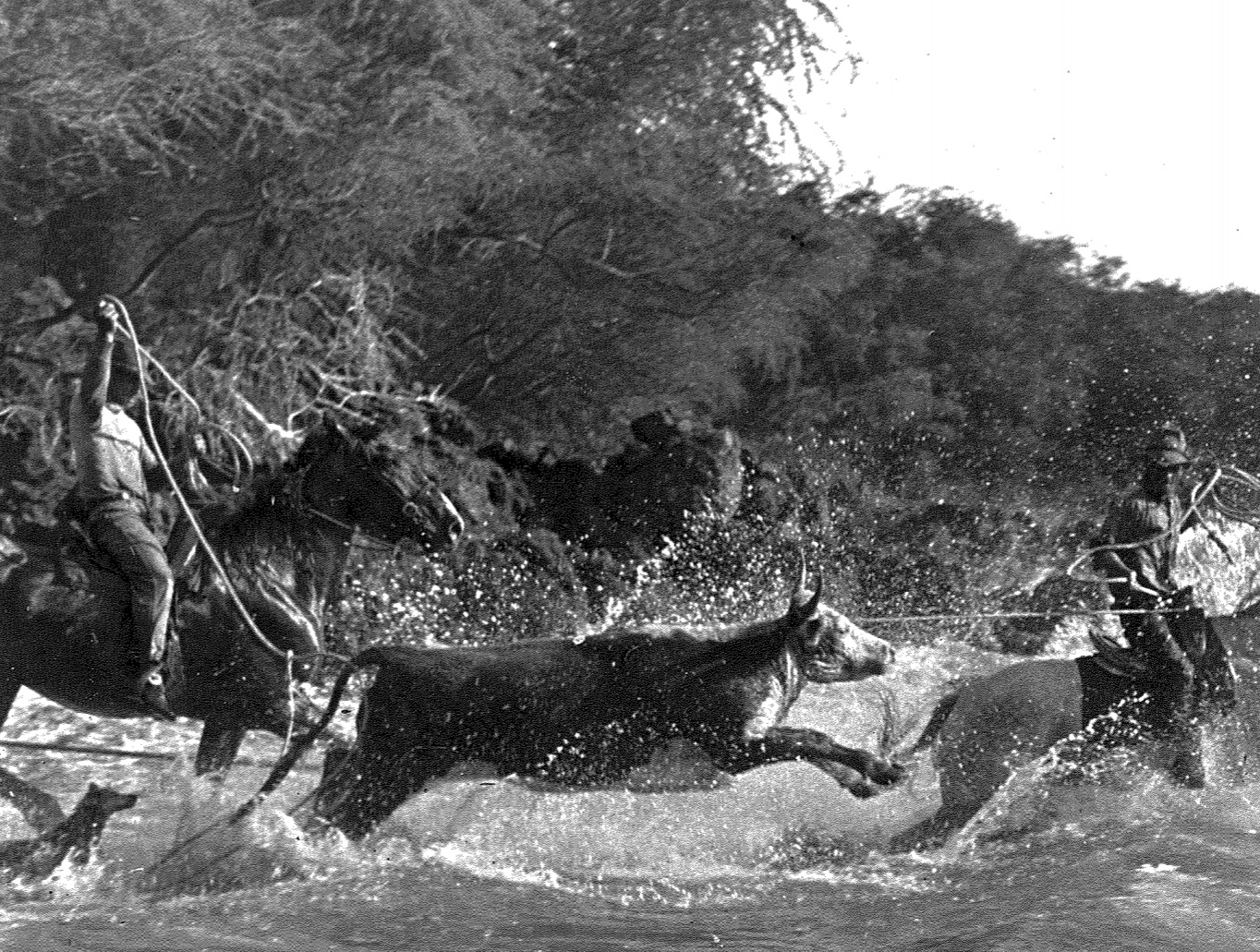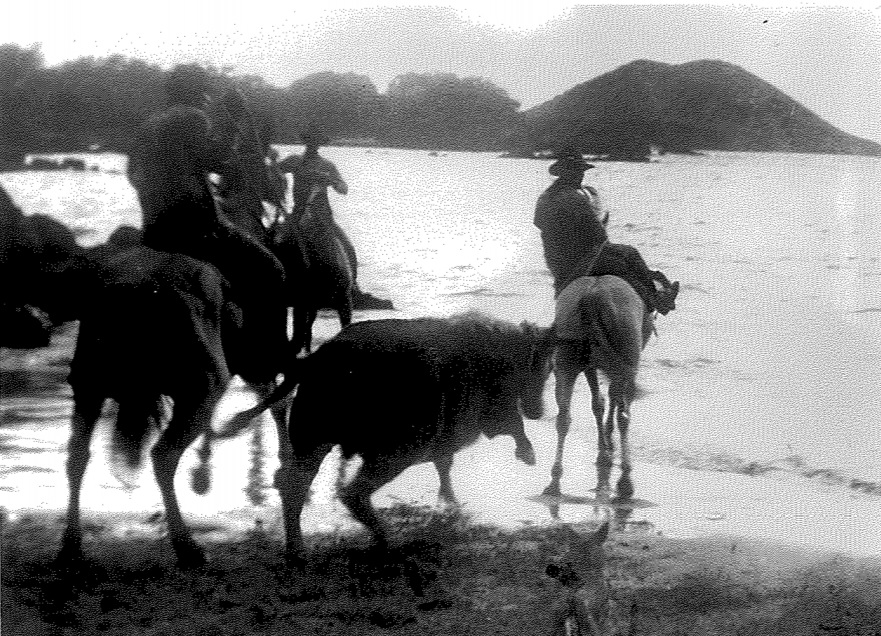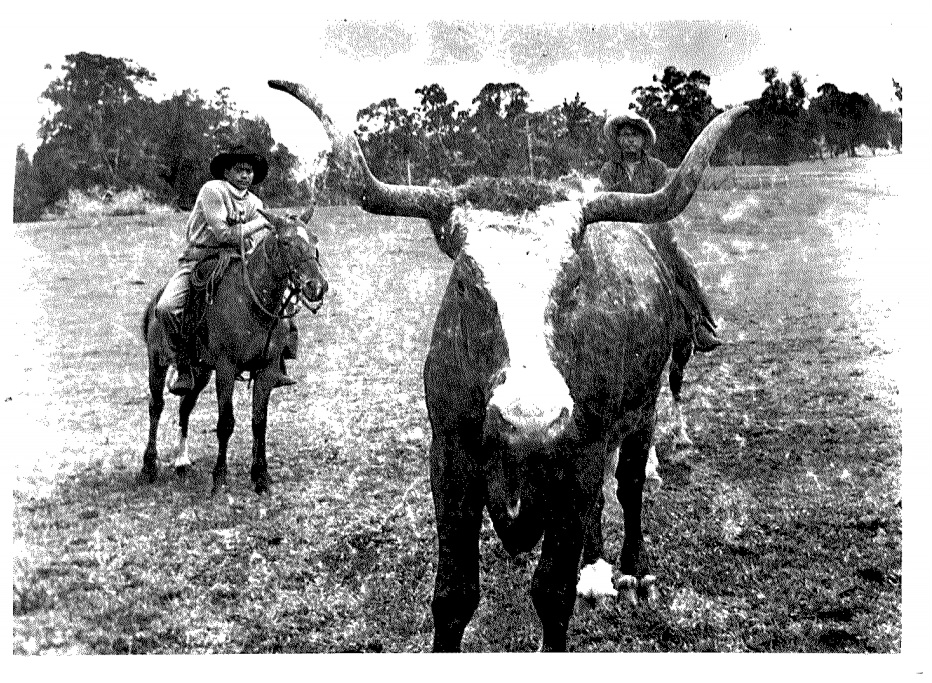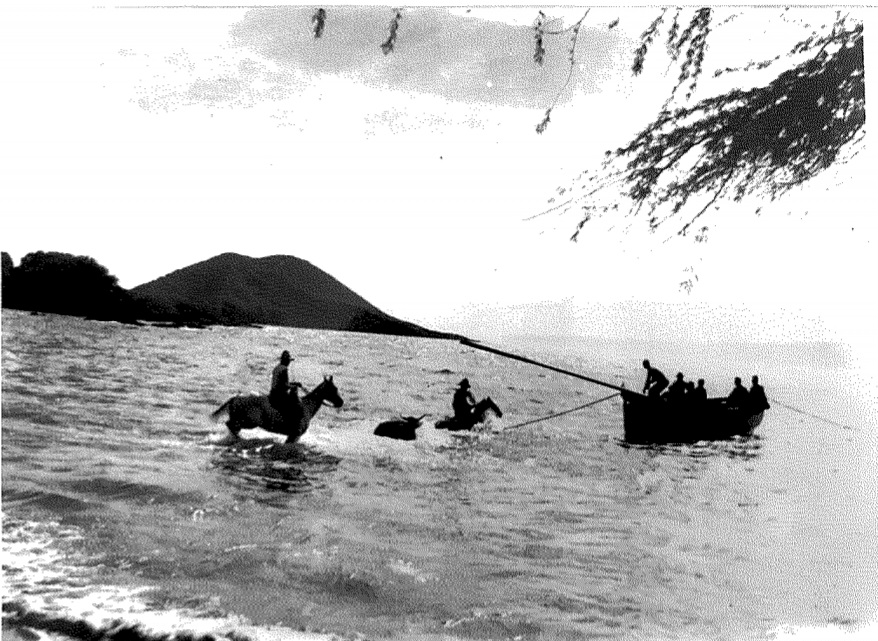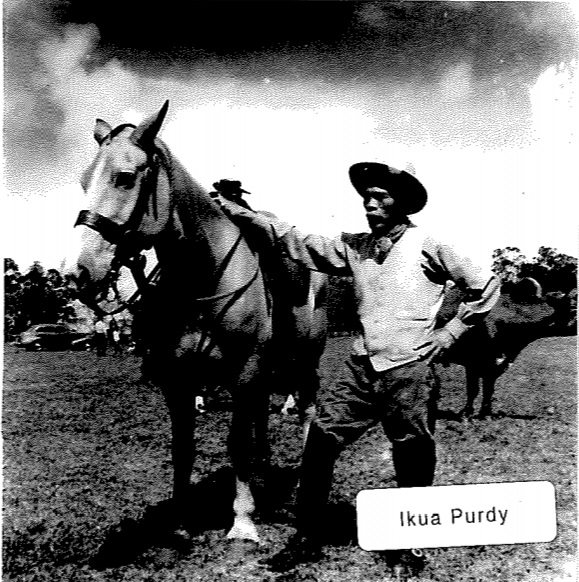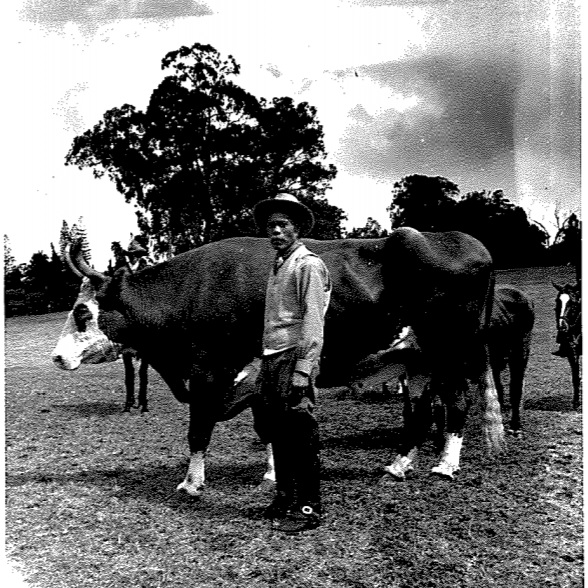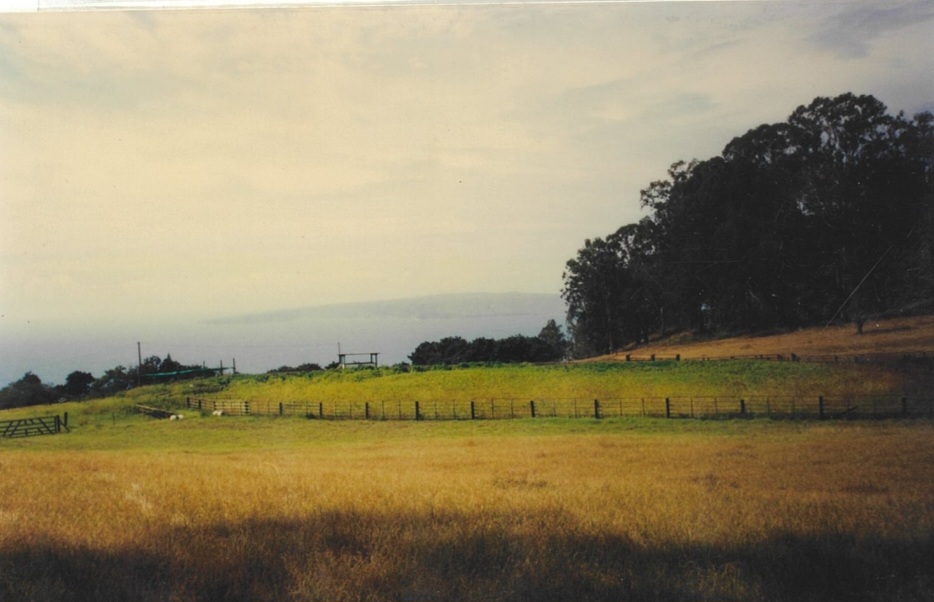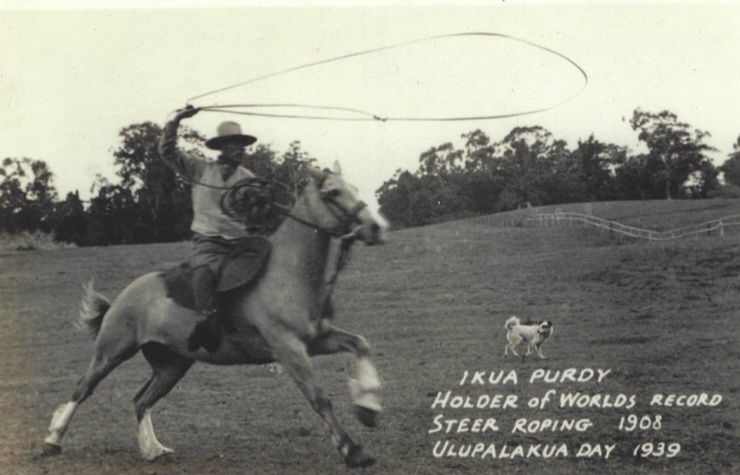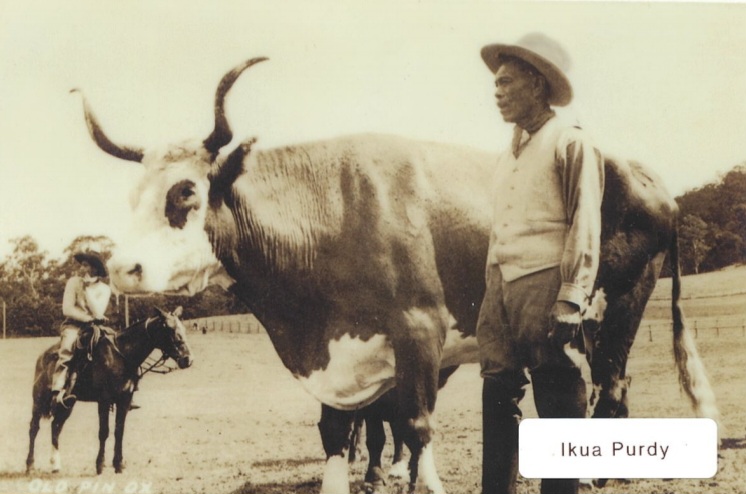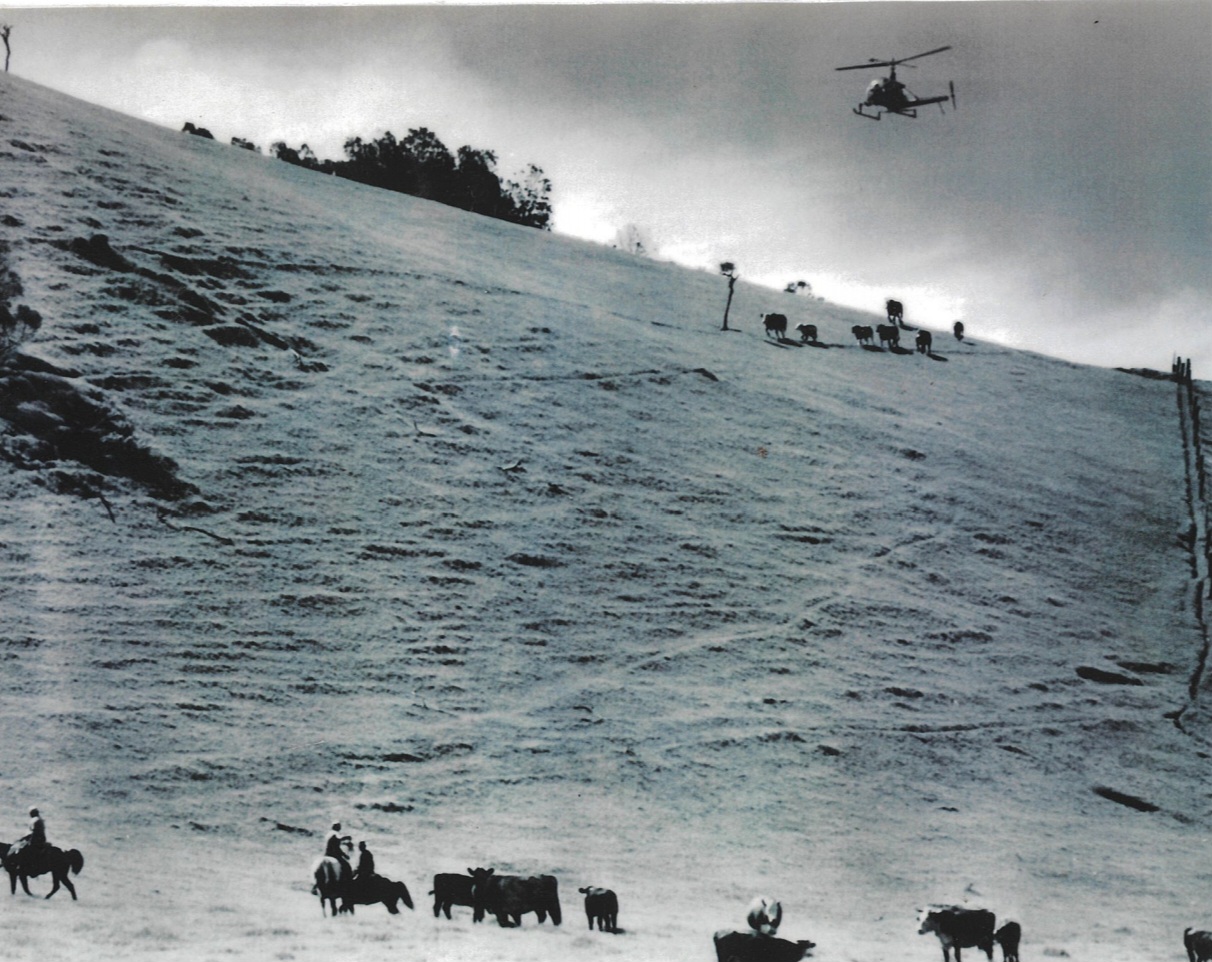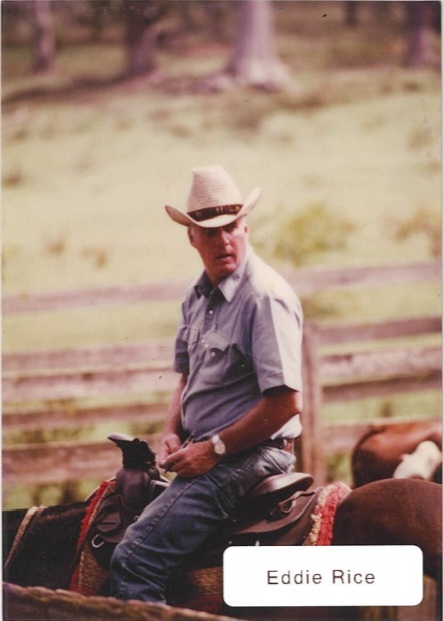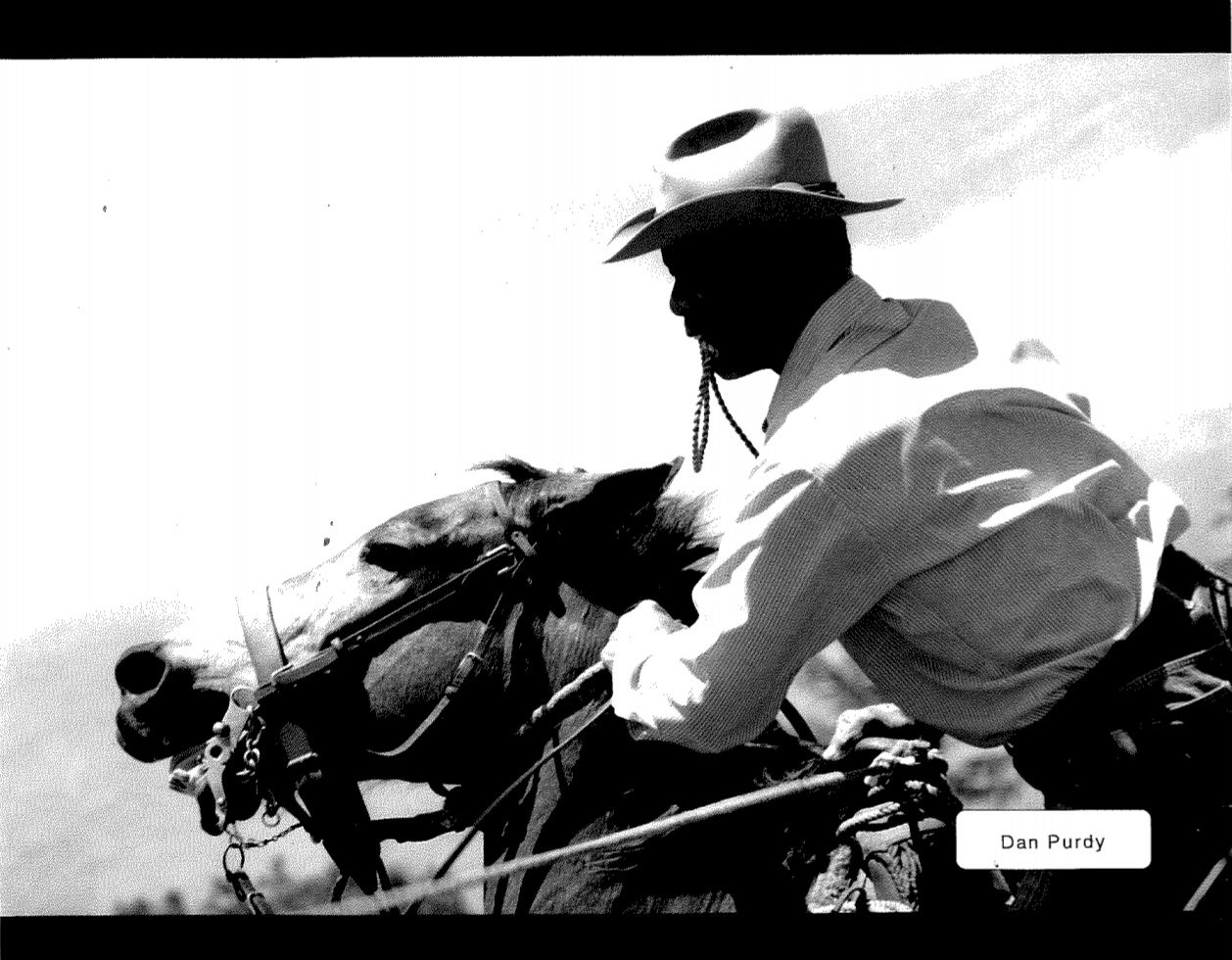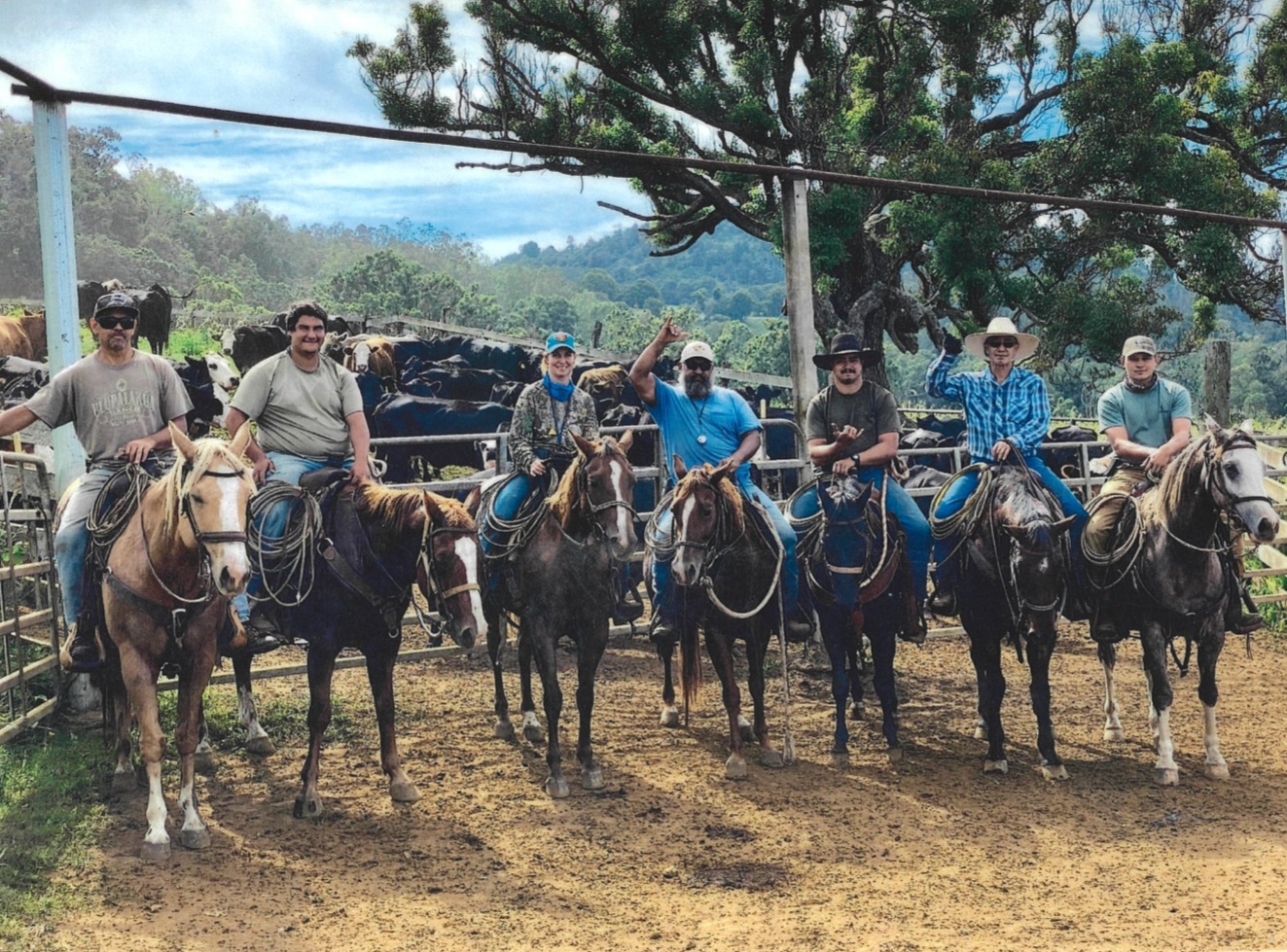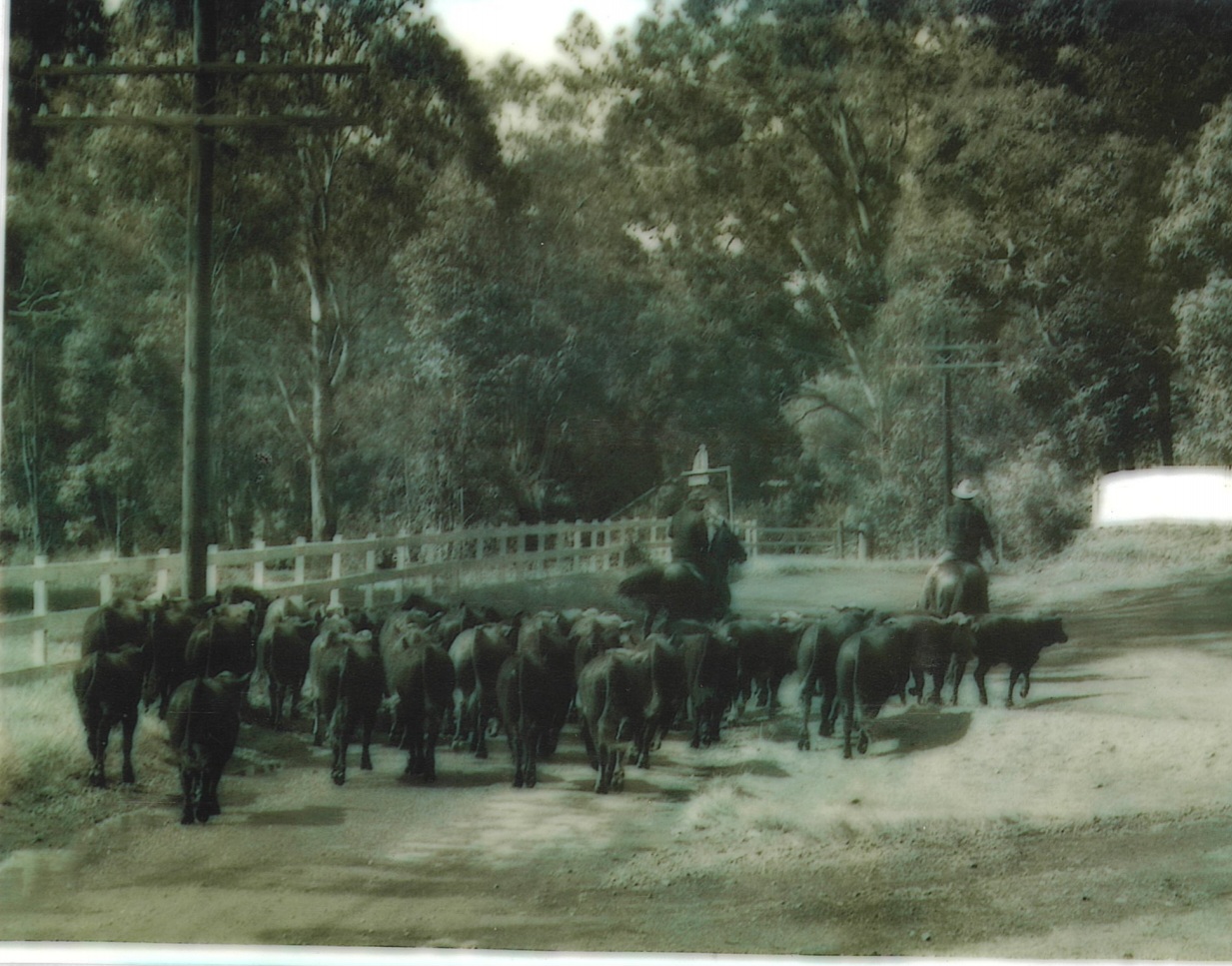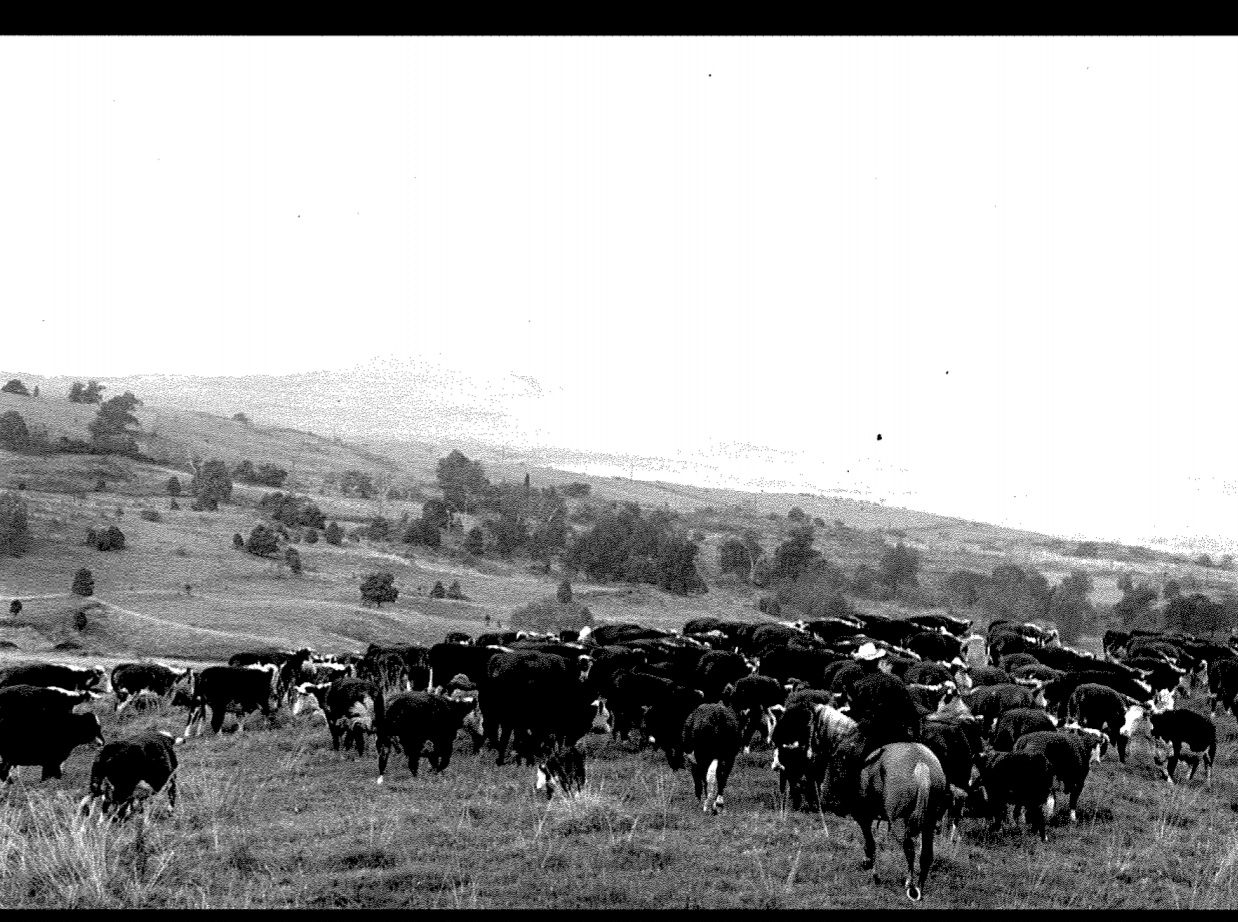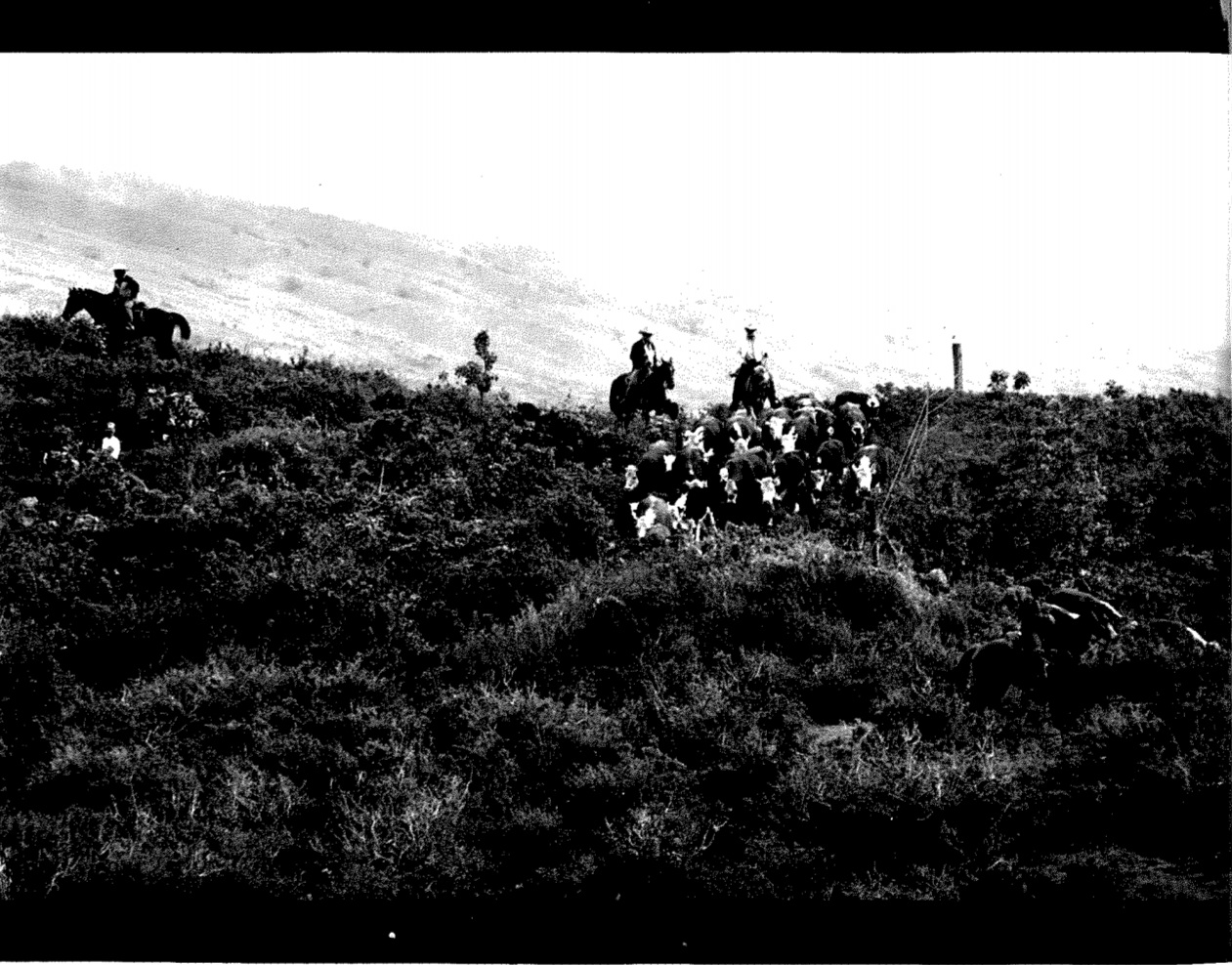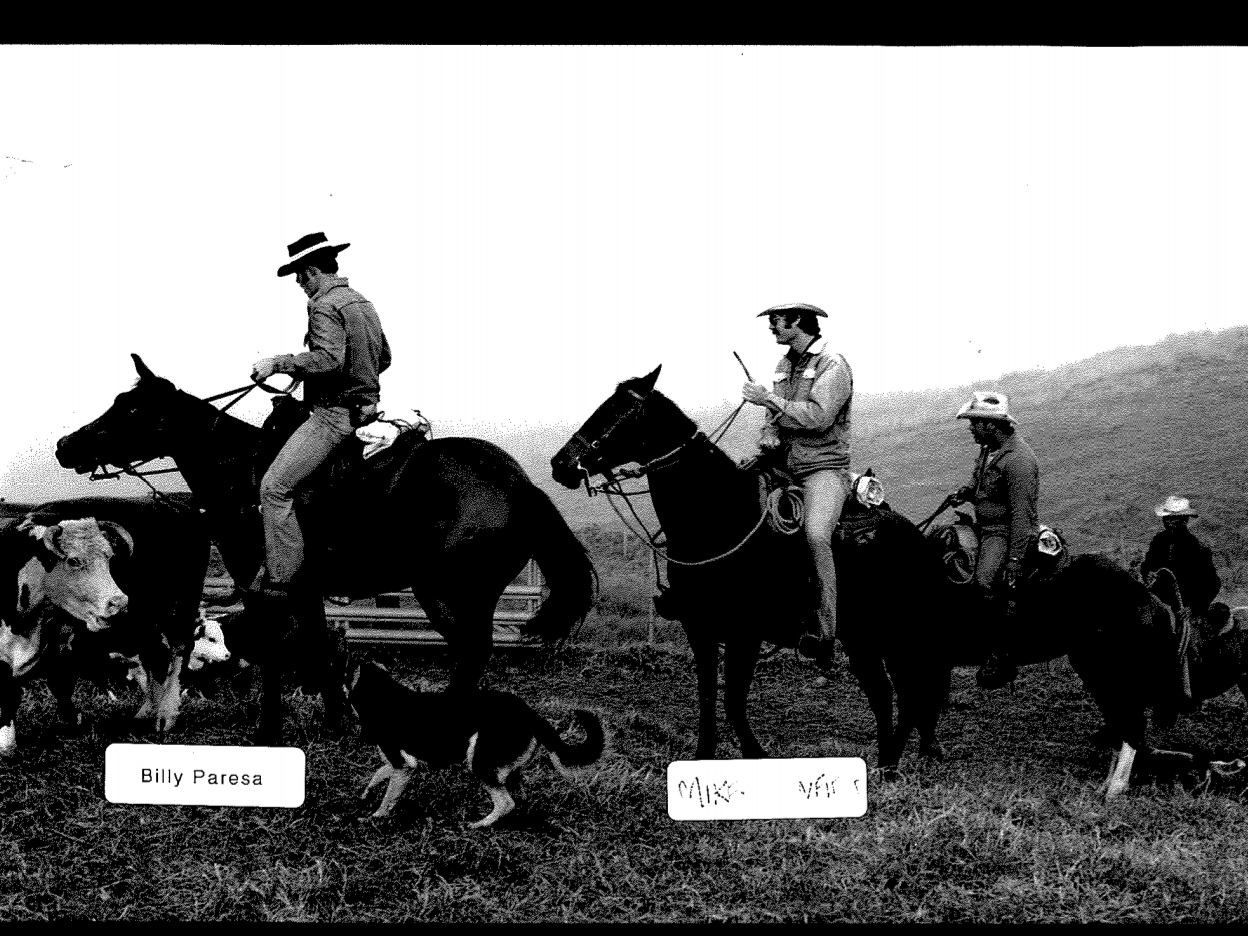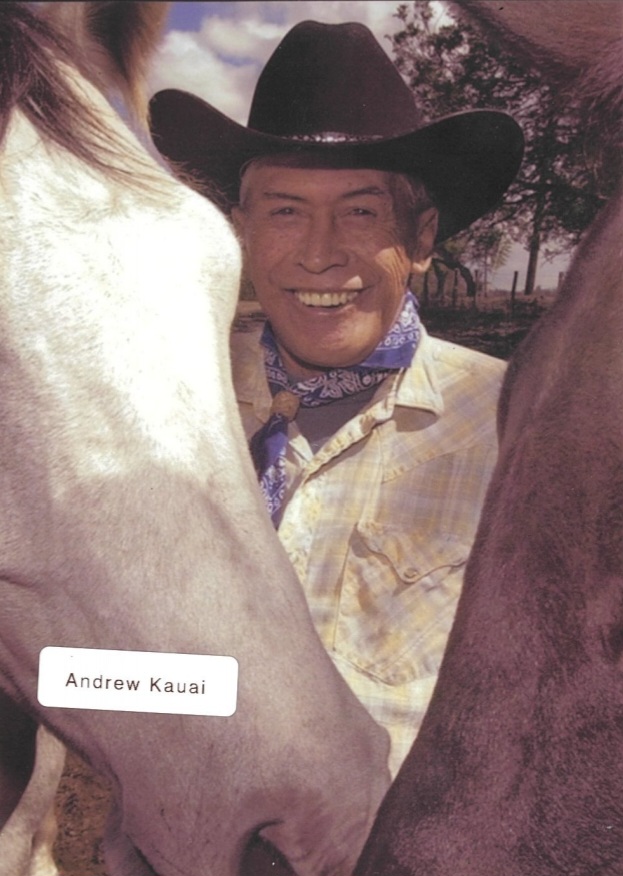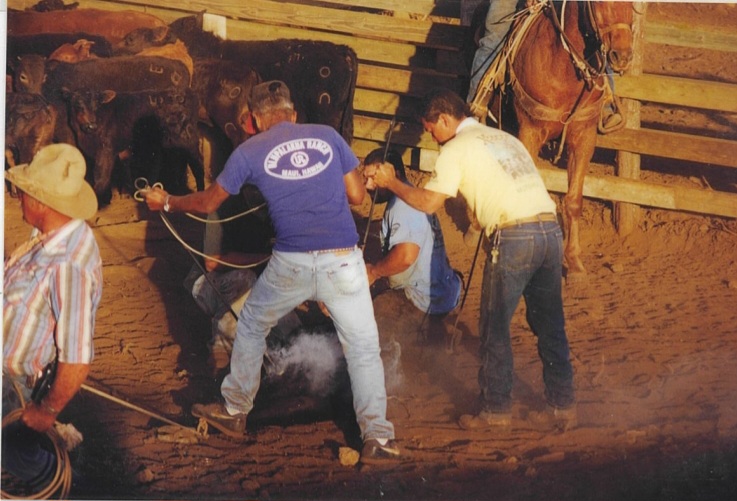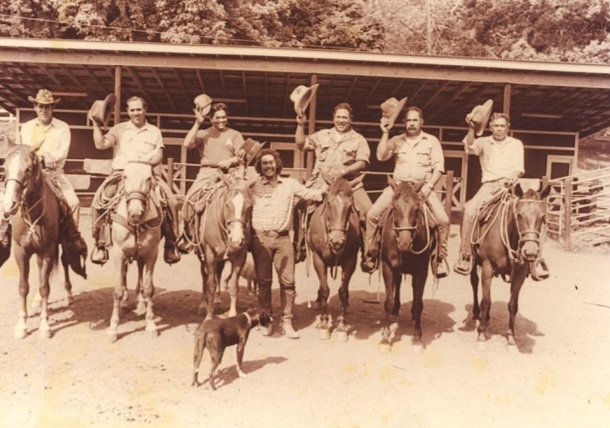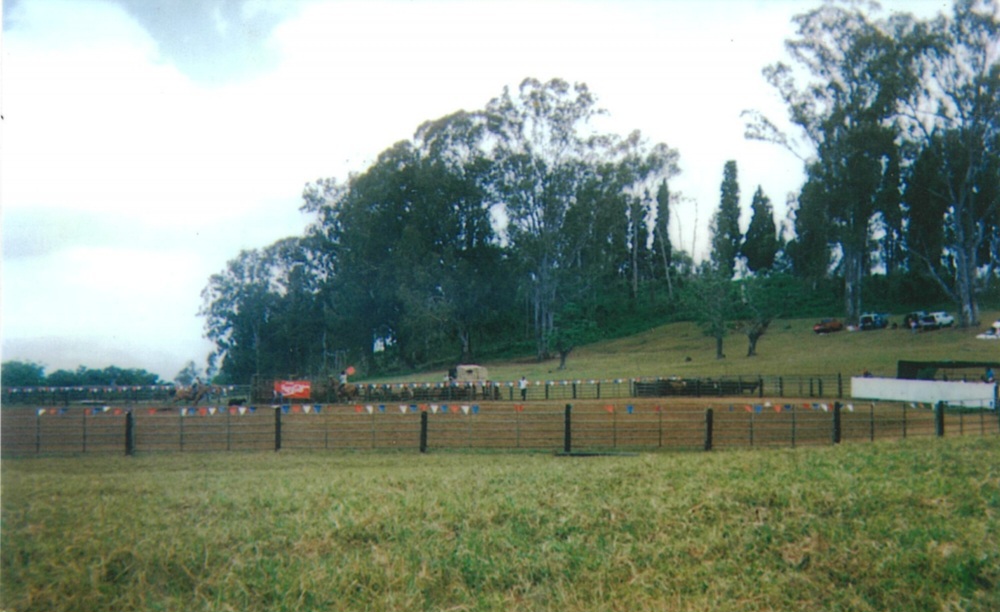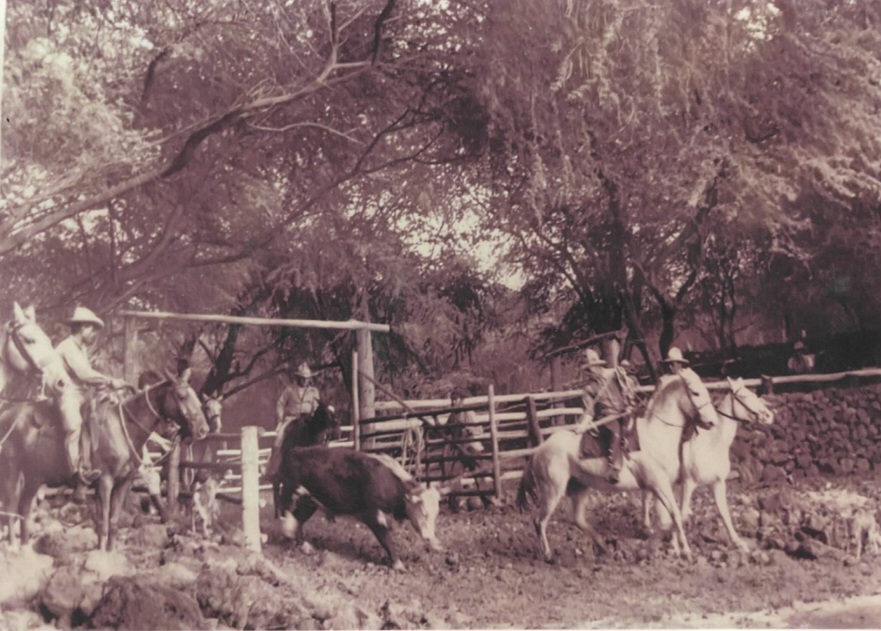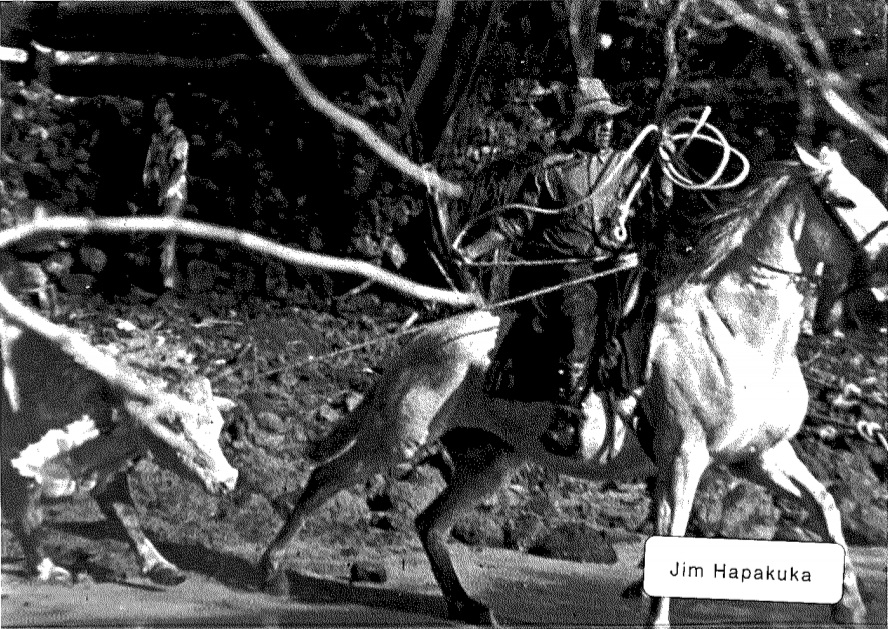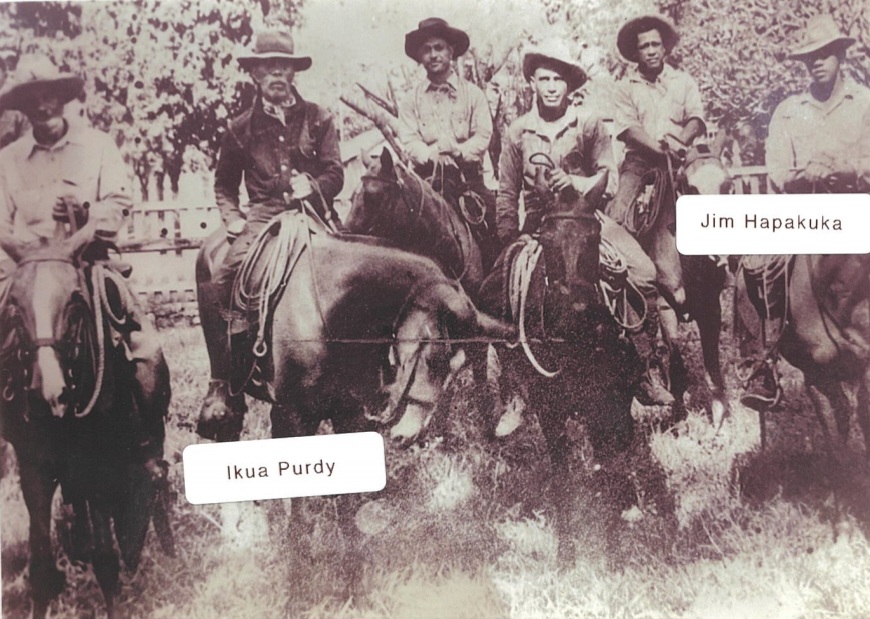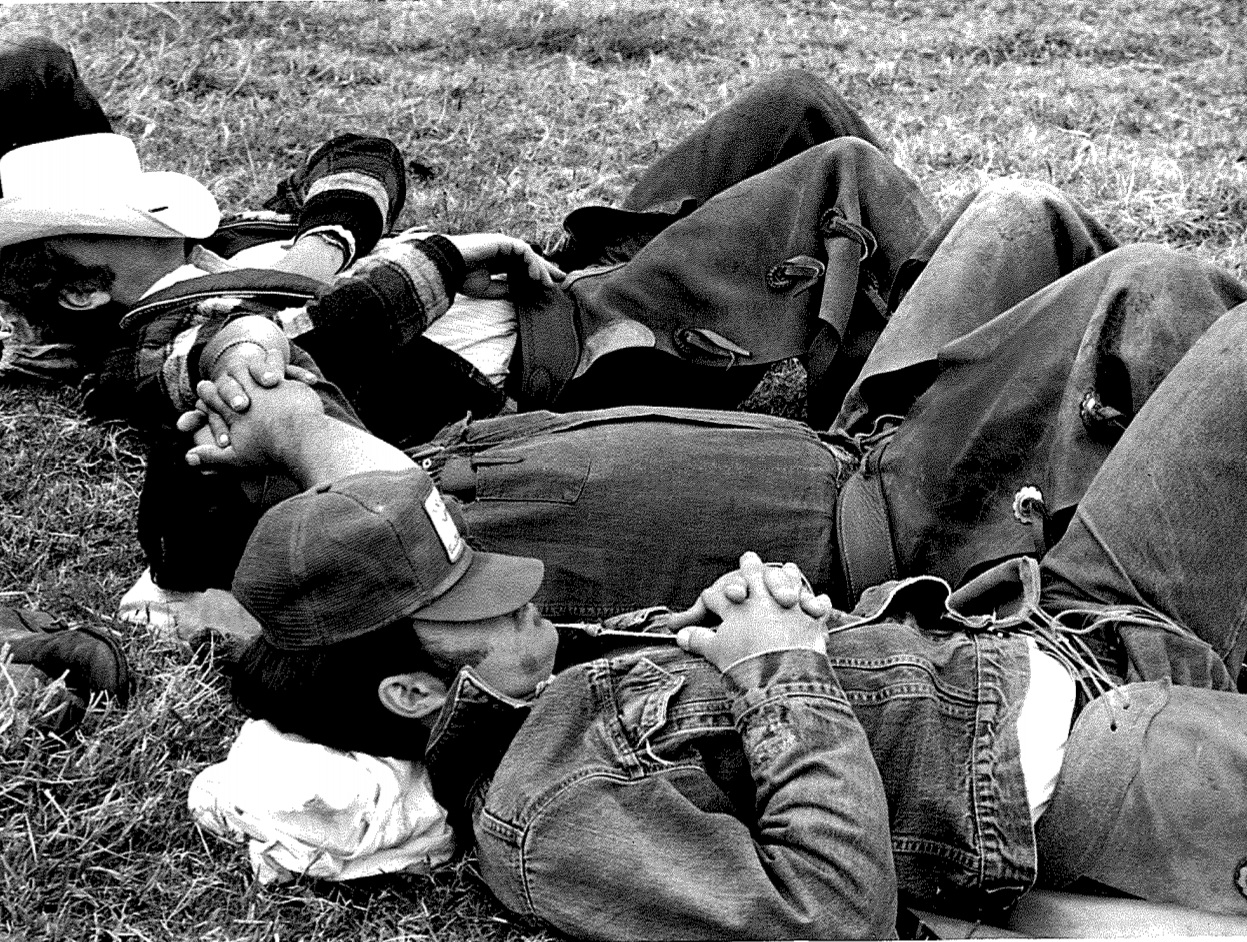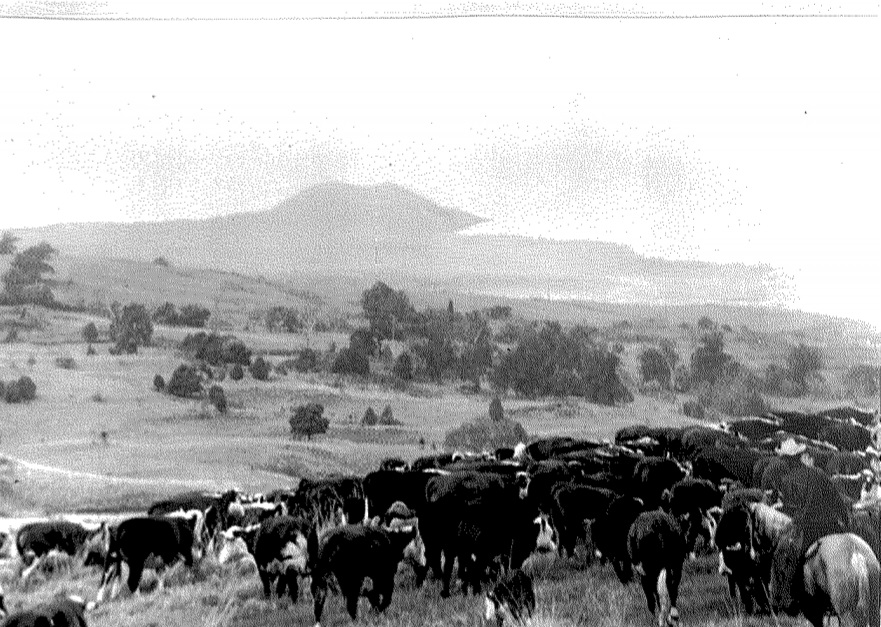Our History
SINCE THE EARLY 1960’S

The Ranch lies on lands that have residents and visitors in awe with its green slopes and rich culture. Besides this heavenly backdrop, the lands whispers of deep history and generational folklore.
Prior to European contact, early Hawaiians farmed sweet potatoes, dry land taro and harvested wood, birds and pigs from forested areas (the bare slopes you see today, were once covered with sweet smelling Sandlewood and Koa trees). Modern agriculture began in 1845 on what is now Ulupalakua Ranch lands, that era lasting until 1856 when Linton L. Torbert, active member of the Royal Hawaiian Agricultural Society, farmed potatoes and corn, primarily to supply island merchant ships and California’s ‘gold rush’ era, with direction from King Kamehameha III, planted sugar cane. For the following three decades (1856-1886), ex-whaling captain, James Makee farmed sugar cane and other crops. This early entrepreneur even planted cotton to take advantage of the Union blockade of southern ports during the Civil War. Remnants of the sugar mill that Makee built, then at the lead of mill design and technology, are still visible on the ranch. Between 1886 and 1900, the property was owned and operated by the Dowsett family, and it was during this tenure that the property began ranching. From 1900 until 1922 the Raymond family completed the change from crop farming to a cattle ranch. Between 1922 through 1963, the ranch was owned and operated by the Baldwin family.
In 1963, C. Pardee Erdman purchased Ulupalakua Ranch from the Baldwin family and the Erdman family has operated it since that time. The ranch’s peak size was about 40,000 acres before approximately 20,000 acres of leased land was turned back over to the State of Hawaii Department of Hawaiian Home Lands (1967) and the State of Hawaii Department of Land and Natural Resources (1197). Today, Ulupalakua Ranch operates approximately 18,000 acres, 16,000 acres of fee simple land and 2,000 acres leased from the State of Hawaii and private individuals.

